Concessions on the proposed regulations governing the new Suckler Carbon Efficiency Programme are being considered by the Department of Agriculture.
At the second virtual town hall meeting on Thursday night on the draft interventions proposed for the 2023-2027 CAP Strategic Plan, senior Department staff conceded that the proposed rules for the suckler scheme will have to be reviewed.
The Department climb-down follows intense suckler farmer anger.
Beef producers claimed that membership of the programme would effectively result in a forced reduction in suckler cow numbers.
Reference year
Under the proposed rules, suckler farmers joining the scheme are precluded from increasing cow numbers.
In addition, it was suggested that the number of eligible suckler cows per herd was to be based on an historical reference year.
However, controversially, it was initially proposed that where a participant reduced their suckler cow numbers, this lower number would become their new reference number and they would only be paid on this lower number for the remainder of the contract.
Essentially, the reference number could only be revised downwards.
But a senior Department official told Thursday's meeting that this stance was now being reviewed in light of farmer opposition.
Eligible cows
Department staff also indicated that the number of eligible cows for each herd was likely to be based on the average figure across a number of years rather a single 12-month period.
This was to take account of the impact of the BEAM scheme or disease outbreaks, and to facilitate new entrants to suckling.
However, Department officials rejected the characterisation of the measure as a national cap on the suckler cow herd, although they accepted that individual farmers who joined the scheme would have to limit numbers.
Department staff insisted that derogation farmers will not automatically qualify for the new eco scheme payment
The Department also defended the requirement that farmers entering the proposed suckler programme, as well as the new sheep and dairy-beef measures, would have to be members of Bord Bia’s quality assurance schemes.
A Department official pointed out that the national quality assurance schemes were a “prerequisite” for retaining contracts in lucrative export markets for Irish beef and lamb.
Dairy
Department staff members were again unable to state whether specific dairy investments would be grant-aided under TAMS in the new CAP package.
It has been widely rumoured that grant aid for dairy investment will be severely curtailed under the new farm supports regime.
In contrast, Department staff confirmed that grants for renewable energy will be provided by the new TAMS programme.
Meanwhile, in response to questions from farmers, Department staff insisted that derogation farmers will not automatically qualify for the new eco scheme payment by virtue of fulfilling the actions required (such as protecting watercourses) to qualify for the nitrates derogation.
Forgotten farmers
Similarly, good news from the briefing was in short supply for the forgotten farmers.
While accepting that a commitment to deal with this cohort’s difficulties had been made by Minister for Agriculture Charlie McConalogue, Department officials said no decision had been made on how to address the issue.
The meeting heard that there was no facility in the new CAP to create entitlements.
Therefore, allocating entitlements to what is termed naked land was not possible, except in the case of young farmers who qualified for an allocation under the national reserve.
A series of polls carried out during the webinar indicated farmer views on a range of CAP-related issues.
For example, 62% of the online attendance said capping should be retained at €66,000, while 21% wanted it set at €100,000.
The remaining 17% opted for a figure to be set somewhere between the lower and higher totals.
On the rate of convergence, 61% of those polled wanted it retained at 85% of the average payment, 29% opted for full flattening, while the remainder wanted convergence set at 90% to 95%.
Farmers were split on frontloading. Asked if Ireland should go beyond the 10% minimum required by the EU, 48% answered yes, while 52% said no.
In relation to the eco scheme payments from Pillar I, 72% of respondents agreed that Ireland should use the flexibility in the CAP agreement to reduce the 25% allocation.
Meanwhile, half of those who partook in the poll were in favour of specific interventions to support gender equality in farming, while 77% of respondents said they would be willing to create non-productive features on their holding to support biodiversity.




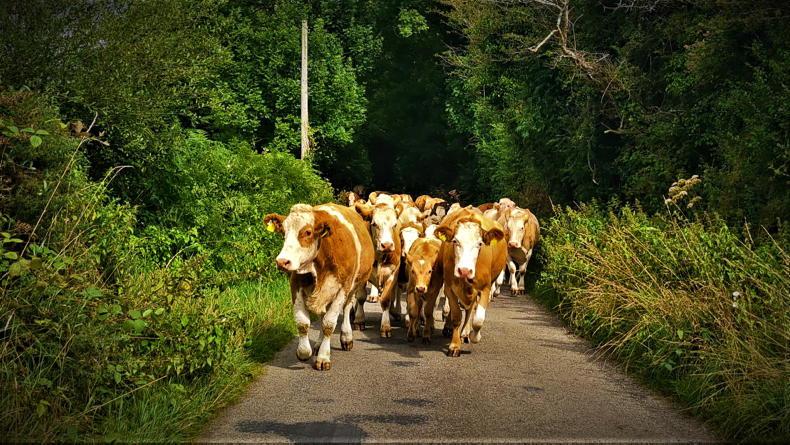
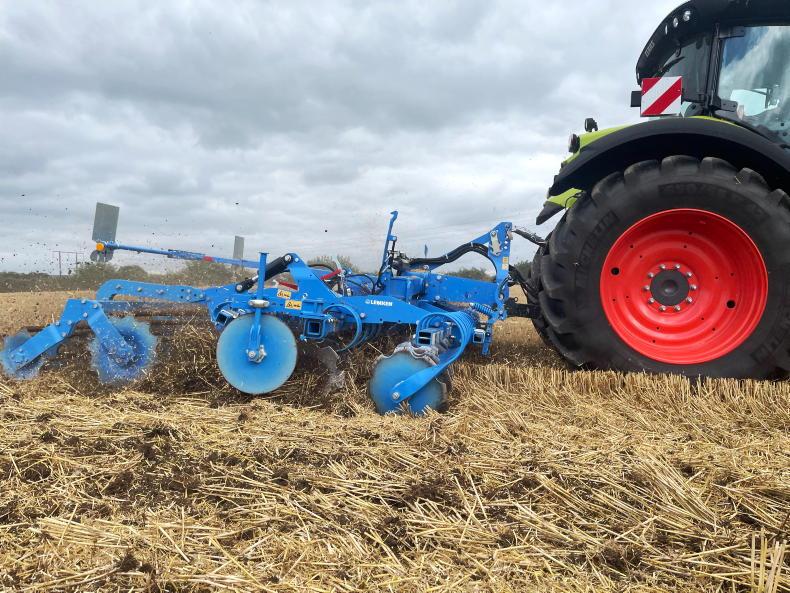

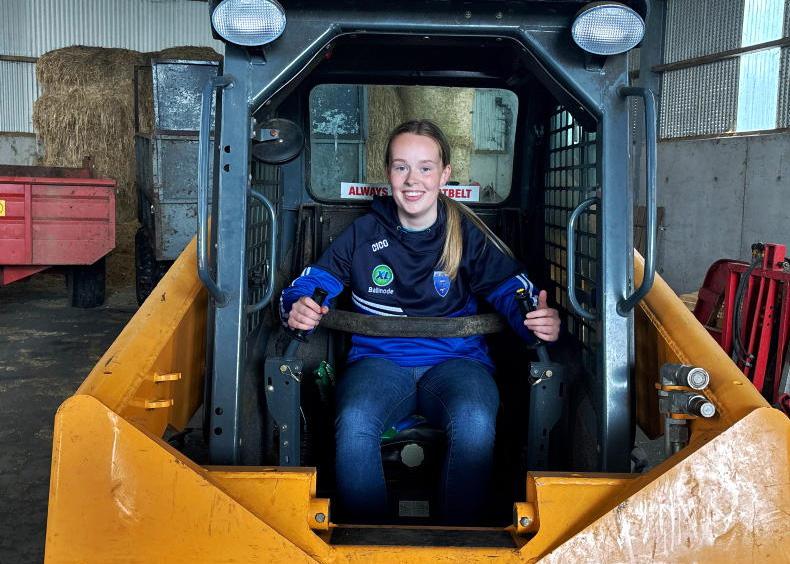
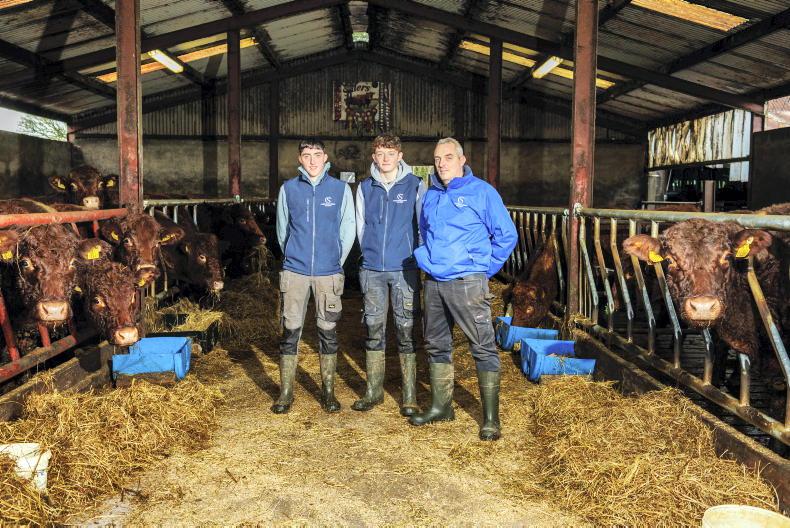
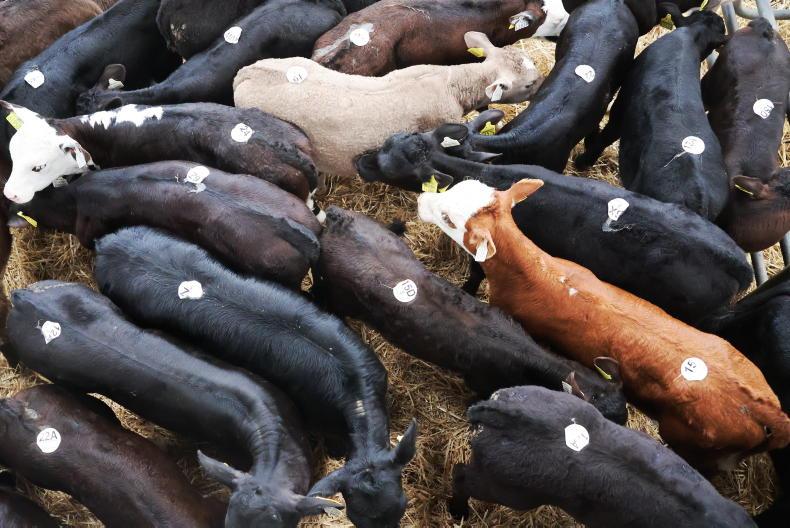
SHARING OPTIONS